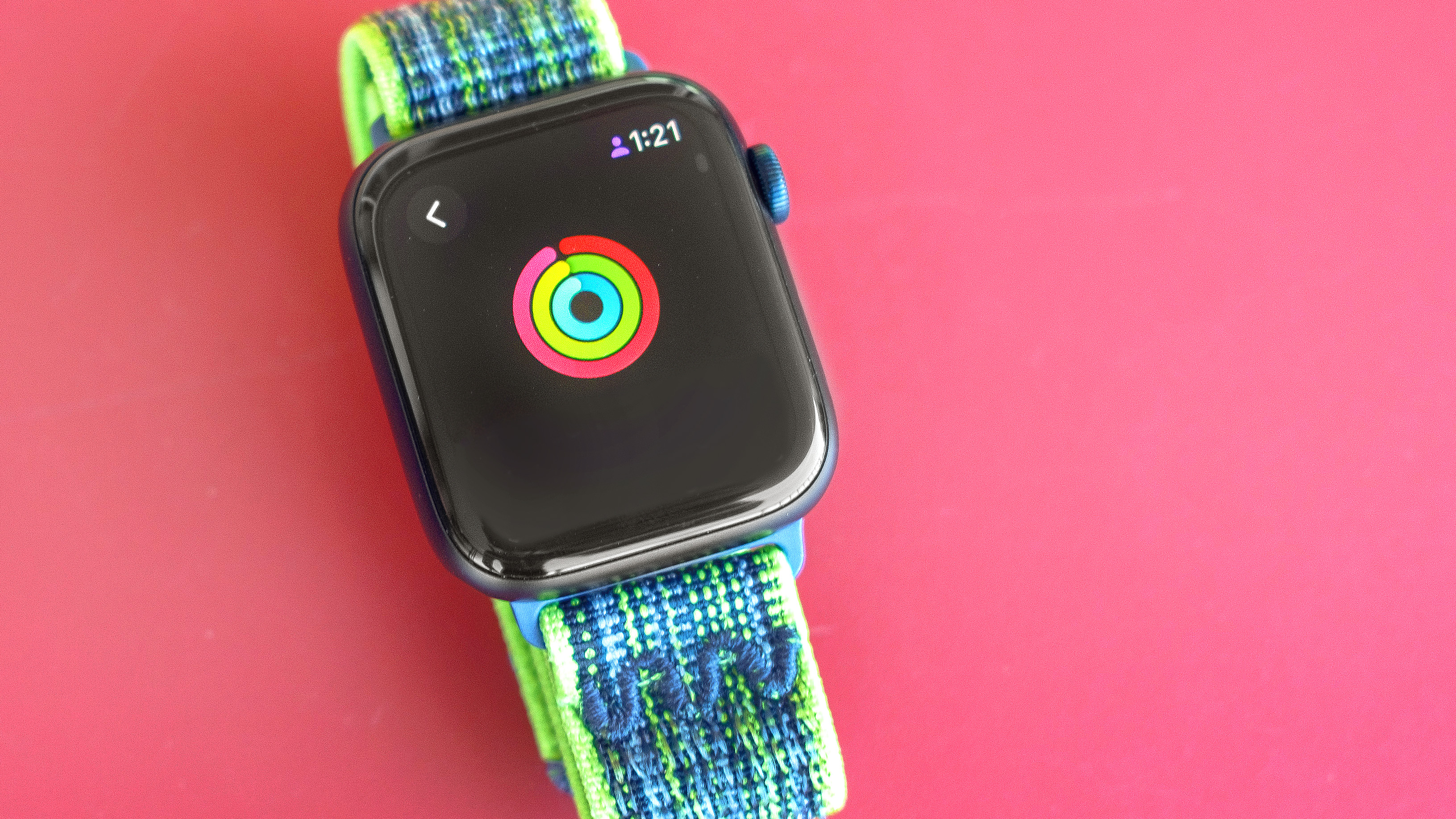5 Reasons You Need an Air Purifier
Air purifiers won't solve all your problems, but they will definitely keep your home's air cleaner. Here are five reasons to use an air purifier.
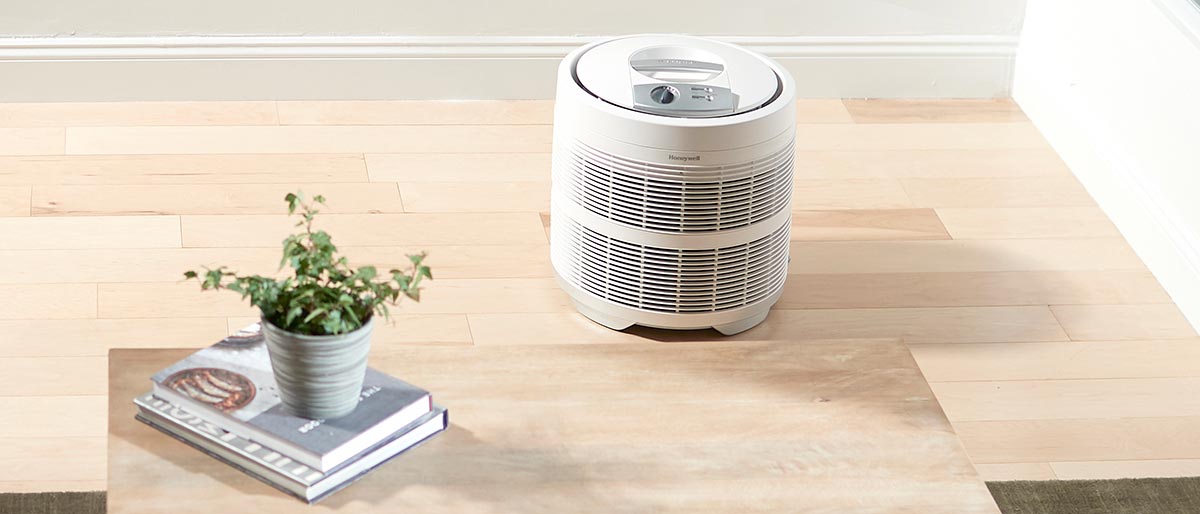
The best air purifiers are sometimes pitched as the best way to improve the air quality in your home. But their usefulness is often overblown — and some air purifiers, such as those with ionizing functions that produce ozone, may actually be detrimental to your health.
According to the Environmental Protection Agency, the best way to improve indoor air quality is to get rid of the source of pollutants and ventilate your interior spaces with clean outdoor air. While air purifiers can reduce airborne pollutants, they cannot eliminate them. They also can't clear the dust, dander and other particles that have already settled on surfaces around your home.
Plus, for maximum effectiveness, air purifiers have to run almost constantly. That can run up your power bill, which is why it's important to check an air purifier's EnergyStar rating before you buy it to get a sense of how much the electricity will cost.
But that doesn't mean air purifiers aren't effective in the real world. In fact, the best air purifiers are really good at filtering out fine particles like smoke, dust, pet dander and pollen. Anecdotal evidence suggests that users feel better when they run these devices in their homes — even if the long-term health benefits aren't well-studied.
So while you may not need an air purifier, having one — as long as it's the right one for your space — won't hurt. Here are five situations in which an air purifier could probably help you out.
You have respiratory issues, allergies or asthma
Allergy sufferers and people with asthma or other breathing problems may notice some reduction in symptoms, like wheezing and coughing, when using an air purifier with a HEPA (high-efficiency particulate air) filter designed to catch 99.7% of particles larger than 0.3 micrometers. (Don't settle for devices that promise "HEPA-like" or "HEPA-style" filters.)
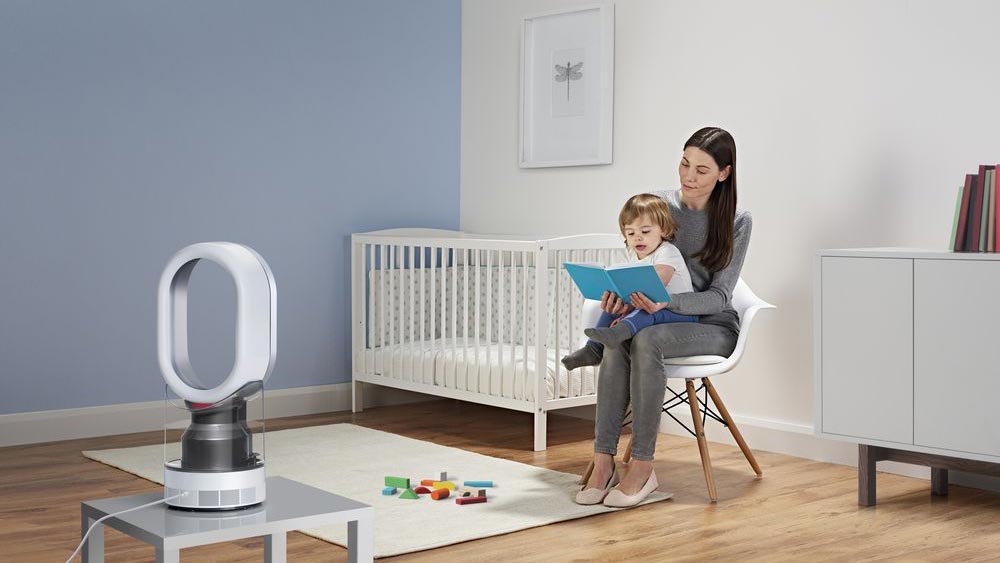
Some of these devices do a decent job of catching common irritants, including pollen, pet dander and dust, so unless your purifier's fan simply stirs up pollutants, it likely won't make your issues worse.
MORE: 10 Best Allergy Apps
That said, the American Academy of Allergy, Asthma and Immunology doesn't specifically recommend portable air purifiers for allergy sufferers. Research suggests that devices with HEPA filters “appear to be” beneficial as long as they're maintained regularly, but no studies show definitively that air filtration has a significant impact on health outcomes.
You have pets
There's no such thing as a truly hypoallergenic pet. Even dogs that don't shed will release skin and dander into the air — and animals collect pollen and dust in their coats. You may not be allergic to your pets specifically, but that doesn't mean their fur won't cause problems.
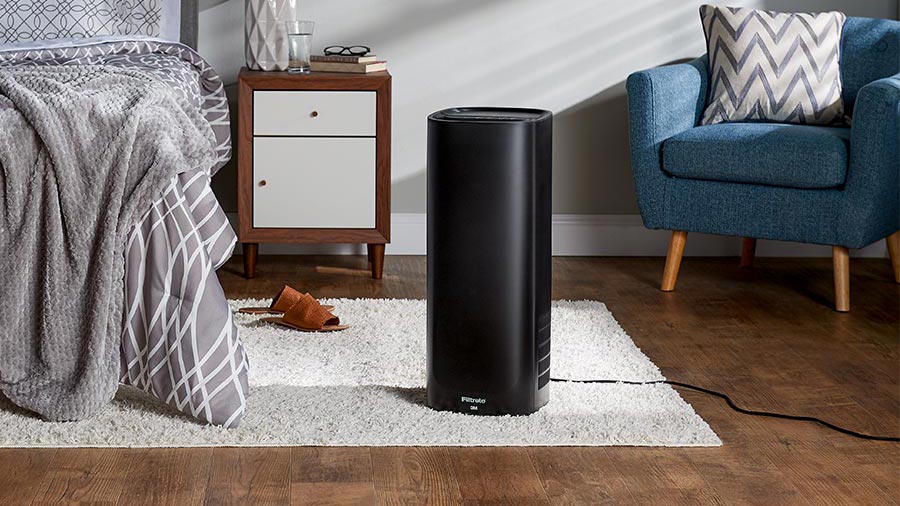
High-quality air purifiers worth purchasing come with pre-filters that catch the big stuff, like pet hair, before it even gets to the main HEPA filter. Machines with carbon or charcoal filters that trap odor compounds may also be able to reduce pet smells.
MORE: Best Robot Vacuums 2019
Be sure to clean your home (and bathe your pet) regularly. Filtration can help minimize the effects of pet dander, but it can't eliminate them entirely.
You smoke — or you live with a smoker
Cigarette smoke (including secondhand smoke) has significant negative effects on your health and the health of those you live with. In fact, any amount of secondhand smoke poses a risk. Simply opening a window does not protect against these problems, but ventilation and filtration, such as with a HEPA filter that catches fine particulate matter (PM 2.5, or 2.5 micrometers), can provide some relief.
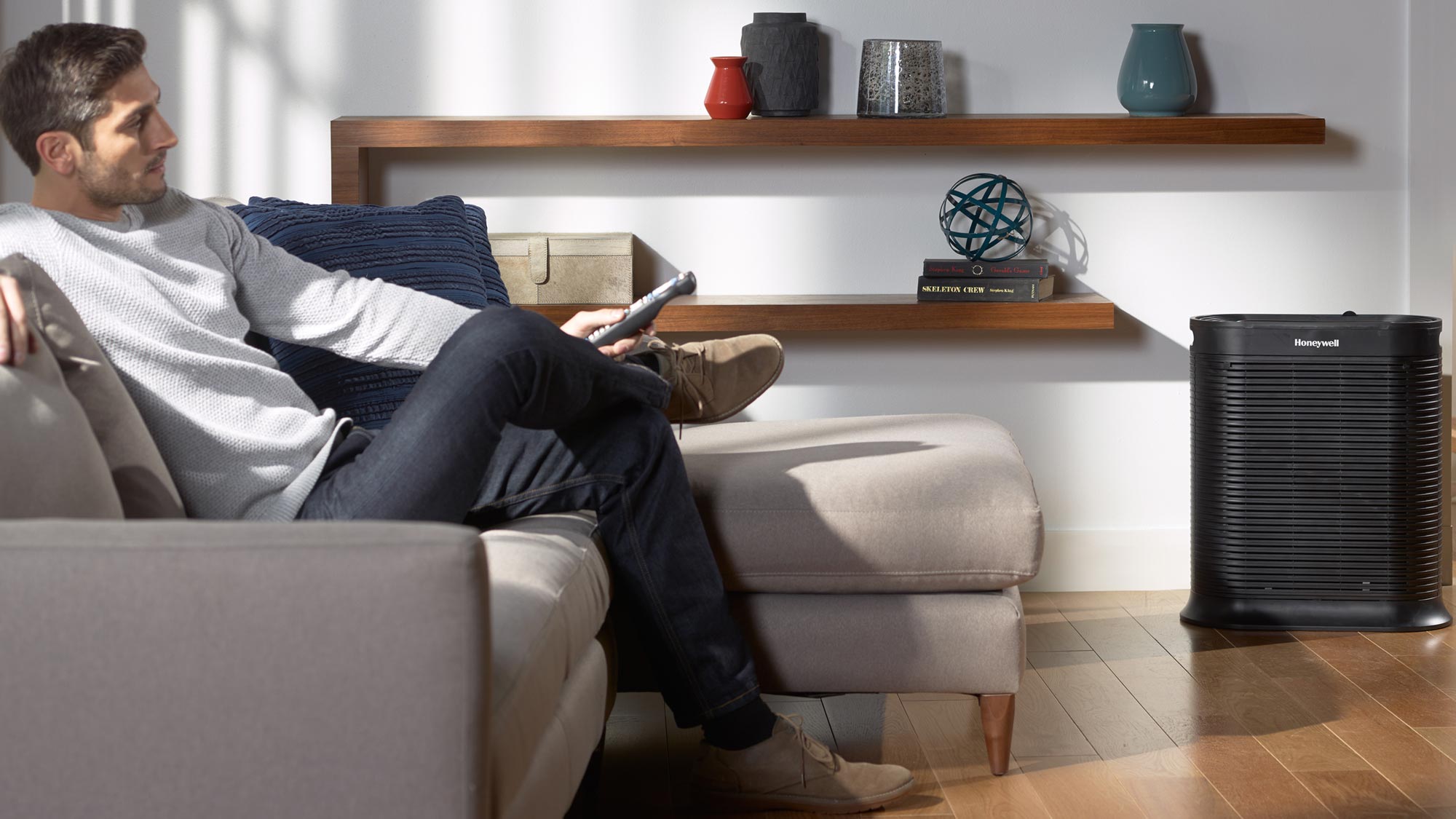
Tobacco smoke is one of the three particles included in an air purifier's clean-air delivery rate (CADR), which is measured in cubic feet per minute. So a CADR of 80 for dust would mean that 80 cubic feet would be cleaned of dust every minute.
MORE: Best air purifiers: Clean air for allergies, pets and mold
Smoke has the smallest particles of the three categories (compared to dust and pollen), so choose a device that rates highly in this area if tobacco smoke is a concern.
You live with kids or roommates
You may be the cleanest, tidiest person on earth, but you can't control how your kids, roommates or guests behave. If other people aren't as diligent as you are about decluttering, or if they track in dust, dirt, pet hair and pollen from outside the home, an air purifier can help carry the burden of filtering and clearing those pollutants.
You live on a busy street or around construction
Air purifiers can catch some of the airborne particles, like dust, that get kicked up during construction or from cars driving down the road. Keeping your windows closed may keep some of the debris at bay, but an air purifier can filter what gets through the cracks. Running one of these devices could help you breathe a little better.
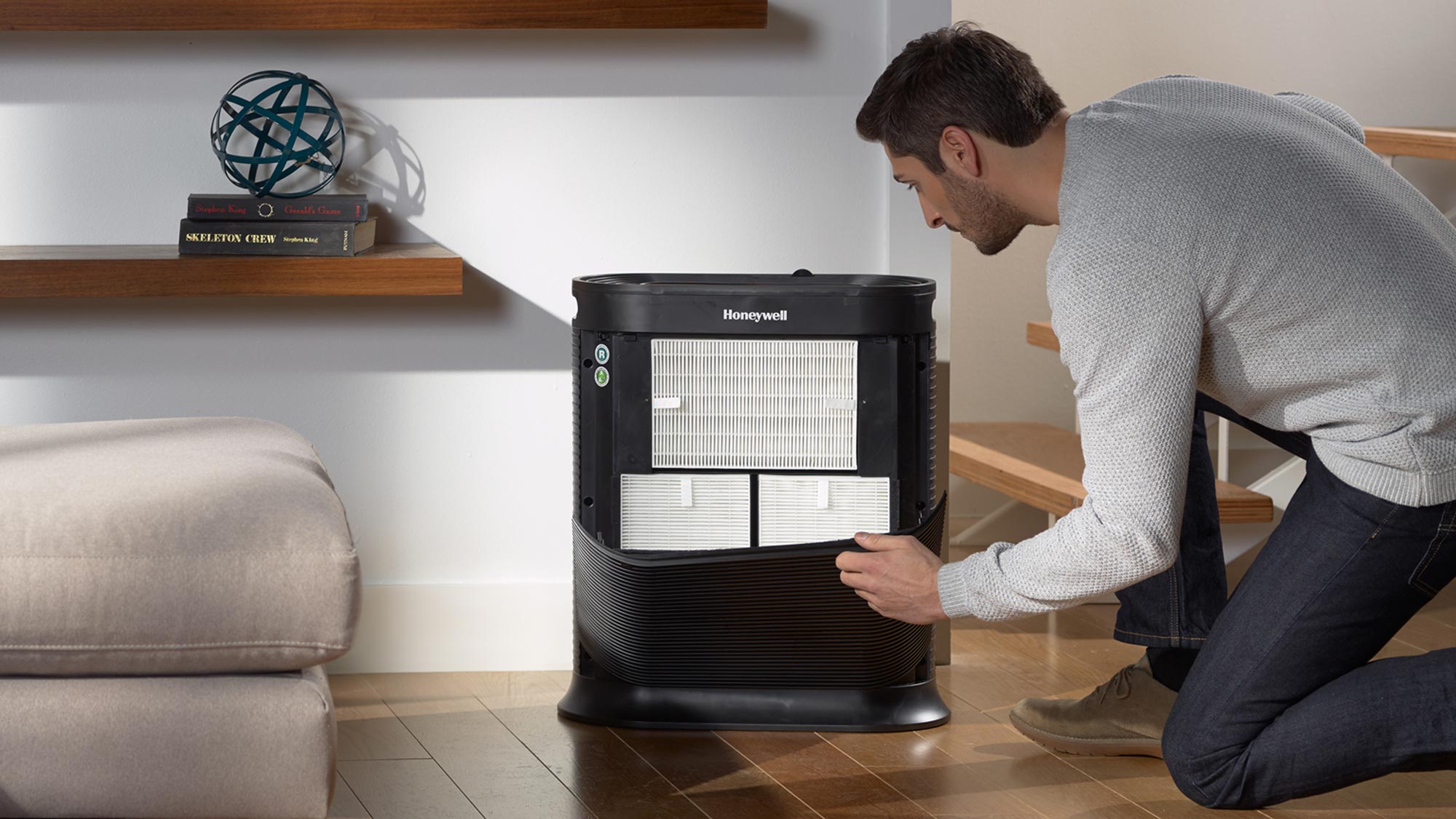
An air purifier may also be useful if you're renovating part of your own home. Of course, living in a construction zone long term probably isn't the healthiest option, so take other precautions to protect yourself — especially if there's mold, asbestos, lead, lacquer or paint involved.
Other ways to improve air quality at home
While good air purifiers may do a decent job at filtering out some particles, they aren't the be-all and end-all of indoor air quality. There are other steps you can take to improve air quality in your home — with or without the help of a stand-alone purifier.
- Clean your home regularly. Vacuum, dust and wipe down surfaces and corners where dirt, hair and dander are likely to build up. Air purifiers cannot remove particles that have settled on counters, floors and furniture.
- Ventilate your kitchen, laundry room and bathrooms. Gas, odors and moisture are likely to accumulate in these areas. Use outdoor vents and exhaust fans — such as in the hood over your stove — to keep air moving.
- Open your windows. Poorly ventilated spaces, in particular, can benefitfrom fresh air. Avoid opening the windows if the outdoor air quality in your area is poor, however.
- Wash your linens. Dust mites and pet dander can build up in your bedding. Launder sheets, towels and other linens weekly in hot water (130 degrees Fahrenheit), and use mattress and pillow covers to keep allergens out.
- Skip the candles, incense and scented products. Anything that burns or has a smell can affect your indoor air quality.
- Use a dehumidifier. Bacteria and mold thrive in damp places, so keep the humidity in your home low. Check out our list of the best dehumidifiers for more.
Bottom line
Buying an air purifier is all about managing expectations. These devices can help improve your home's air quality, but don't rely on them without taking additional steps. And definitely don't expect them to do more than they're designed for. They may be able to filter out dander, dust, smoke and pollen — but they can't clean your carpets, do your dishes or cook your meals.
Next: Here are 7 ways to get more out of your existing air purifier.
Sign up to get the BEST of Tom's Guide direct to your inbox.
Get instant access to breaking news, the hottest reviews, great deals and helpful tips.
Emily Long is a Utah-based freelance writer who covers consumer technology, privacy and personal finance for Tom's Guide. She has been reporting and writing for nearly 10 years, and her work has appeared in Wirecutter, Lifehacker, NBC BETTER and CN Traveler, among others. When she's not working, you can find her trail running, teaching and practicing yoga, or studying for grad school — all fueled by coffee, obviously.

